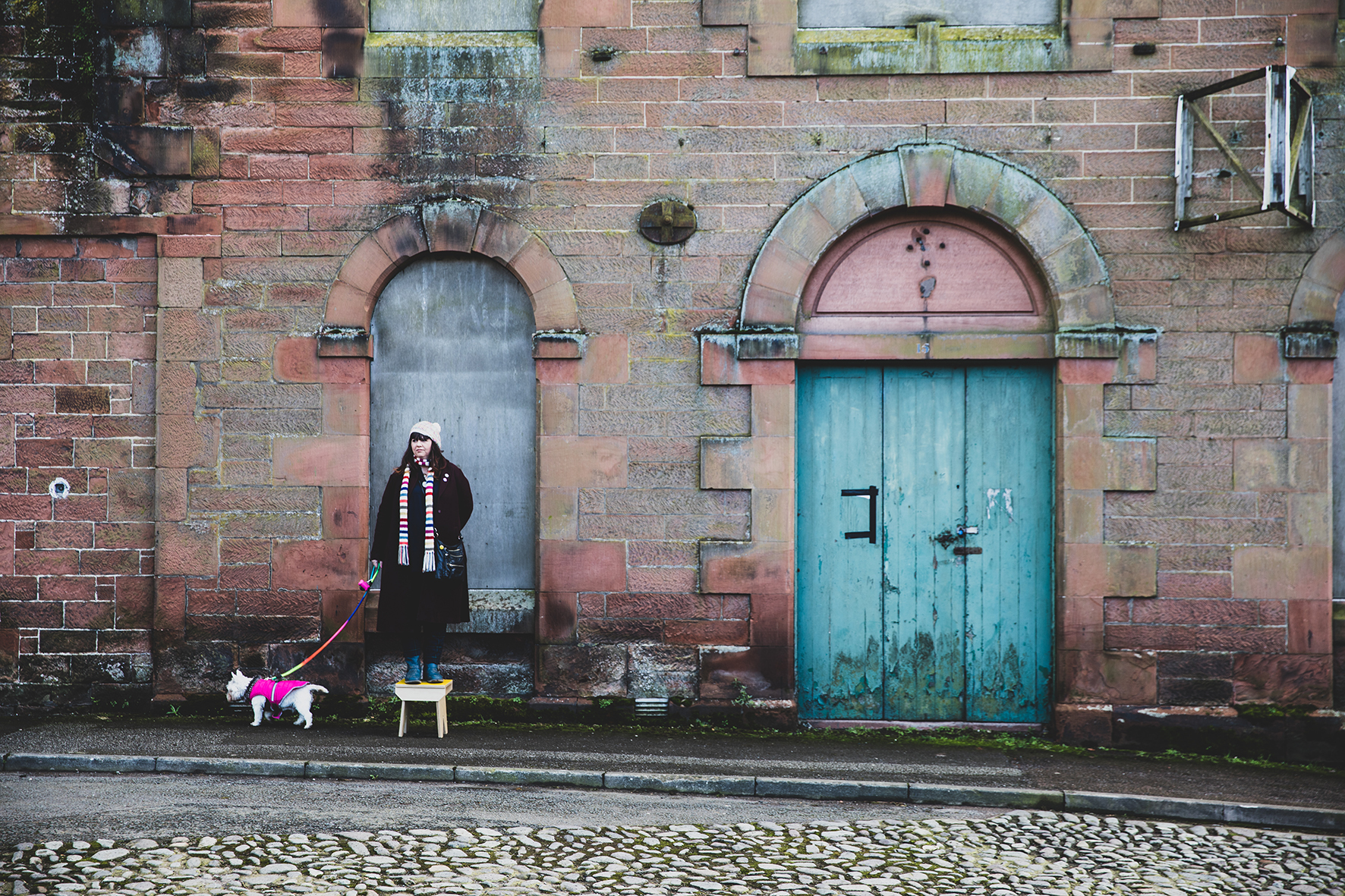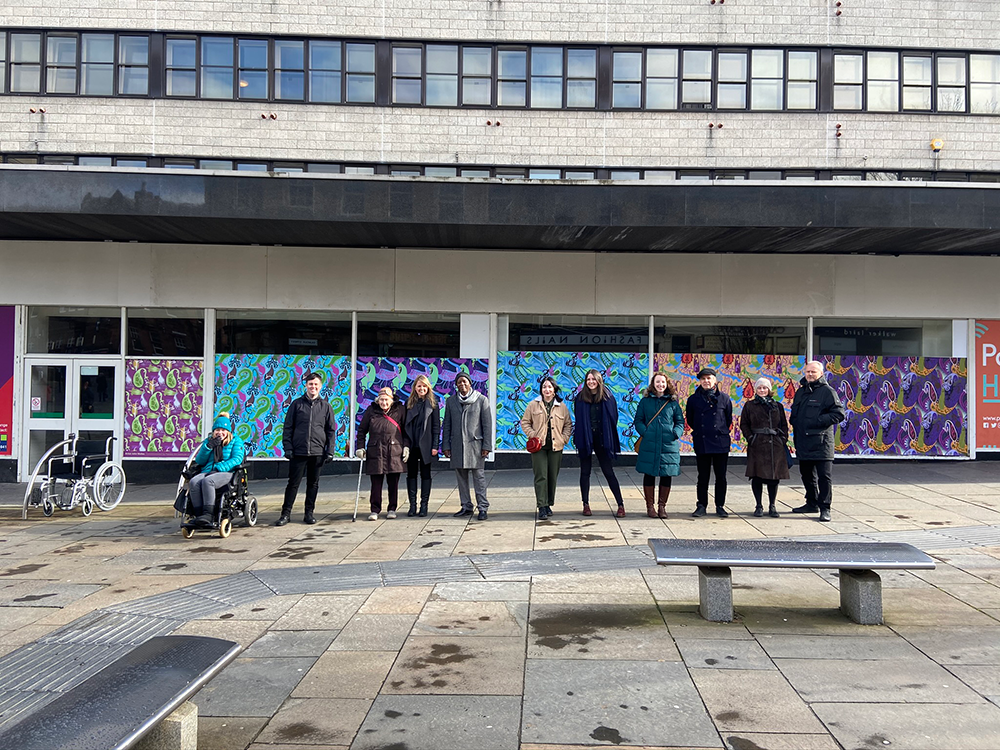

When the ‘What If…’ project arrived in Paisley, many of the conversations between citizens and architects focussed on the theme of gathering.
“It’s very much in the DNA of the place to assemble,” says Stuart McMillan, Regeneration and Place Manager, Economy and Development, with Renfrewshire Council. “It goes way back into the town’s history, the Paisley radicals movement, the strikes that related to working conditions in the mills, public processions and demonstrations. In a modern context, that’s about coming together to enjoy a big outdoor event regardless of the weather.”
The importance of public spaces where people could congregate was a key theme which emerged in Paisley’s bid for the UK City of Culture 2021. When the town lost out to Coventry, there was widespread disappointment, but the bid had legacy benefits.
McMillan says: “There is a very significant amount of capital investment happening in Paisley. There’s a big project to revamp and relaunch the museum, and other projects around cultural Infrastructure. The Town Hall, which is a grade A listed Victorian building, is being thoroughly modernised with music and performance at its core.
“All the venues have outdoor spaces associated with them and we have been working really hard at them to get them right, to have to have a relationship with the buildings and be fantastic quality spaces for people to gather.”
Hopes and dreams
Perhaps even more importantly, the bid kickstarted the conversation about Paisley’s hopes and dreams for the future. People began to look at their town differently.
Gillian Steel, creative director of Remode, a non-profit organisation which focus on education and repurposing second-hand clothes, says: “The ‘What If…’ consultation following on from the City of Culture bid has amplified the effect of both. Paisley has become much more visible, people have become more aware of its beautiful architecture, its cultural history and industrial history. There is a broader recognition that Paisley as an urban space has a lot to offer.”
But what happens when a town with gathering in its DNA is placed under national lockdown? It has been painful, Stuart McMillan says, but the experience brought another important theme to the fore: localisation. Before covid-19, the 20-minute neighbourhood had been an interesting talking point, now it was a reality.
“Local assets in different parts of the town were already valued, but now there is a localism agenda. People are thinking about the environment, local walking routes, local spaces and parks. Changes were happening pre-covid, but coming out of covid there has been massive acceleration of behavioural change and we need keep these conversations alive.”
Local connections
Gillian Steel believes that the pandemic has strengthened local people’s connection to the town. “People were less likely to go into Glasgow, so they would walk through Paisley. You can walk from one end of the town to the other and encounter interesting independent outlets and other small projects. That is huge. That is ownership beginning to happen.”
However, she said progress is stymied by the presence of run-down properties owned by absent landlords. “The buildings require lots of investment and many owners are unwilling to do that, but they are happy to hold on to these spaces, making it impossible for people in locality to own the space and make changes. The last two years have also brought awareness of how underused a lot of spaces are in the town.”
Challenges remain, but conversations are continuing. Gillian Steel says: “It’s definitely not a job that’s done, I think this is the starting point, but at least we are asking important questions. Any conversation is a good conversation.”
Future Paisley Podcast #11 – What If…?/Scotland
The Future Paisley Podcast offers a series of conversations between people working in culture and in communities. The episodes explore the impact of Covid-19 on culture and in neighbourhoods – with debate on the challenges, responses and ideas for the future.
In this special episode, local artists Caitlin Mooney, Indie McCue, Gillian Steele, director of ReMode, and Robert Blair, editor of Mill Magazine, discuss their hopes and wishes for the future of Paisley. They explore opportunities to create public spaces that reconnect us, spark creativity and enjoyment in a post-pandemic context.
The podcast was commissioned by A&DS on behalf of the Scotland + Venice Partnership as part of the What If…?/Scotland and Future Paisley exhibition programmes. It was produced by Erskine Arts.

